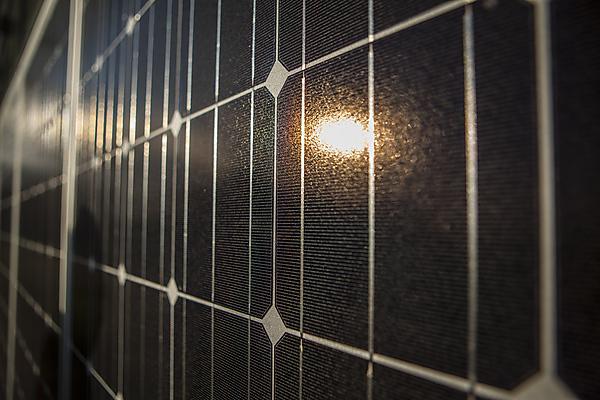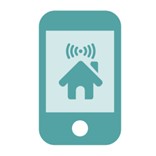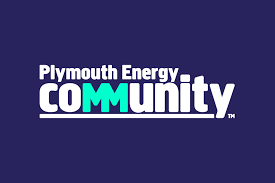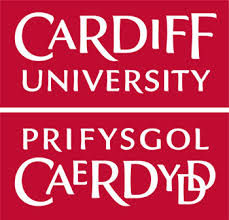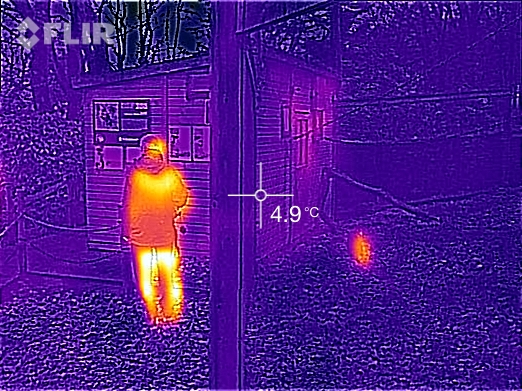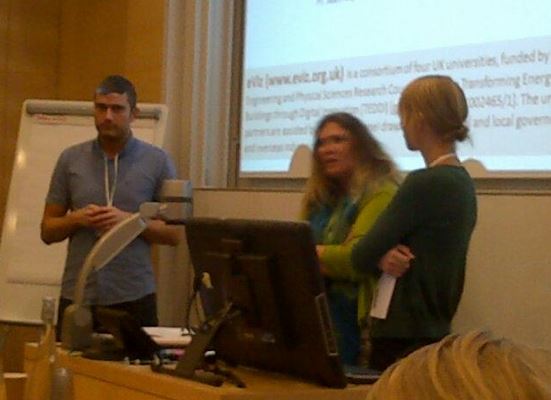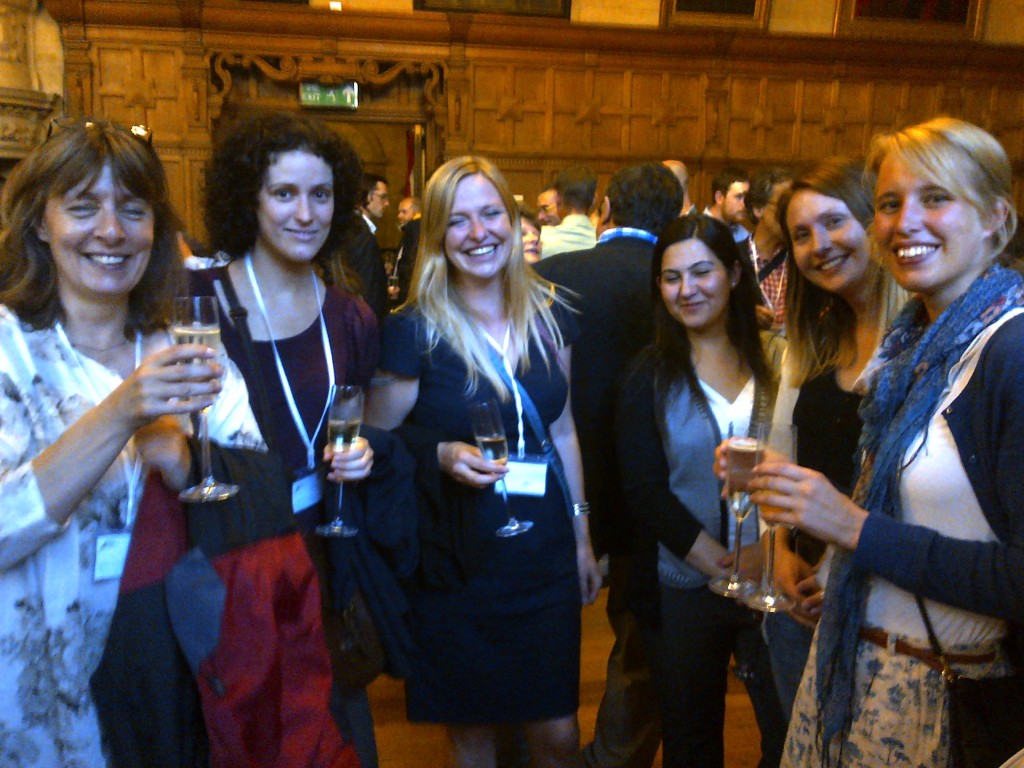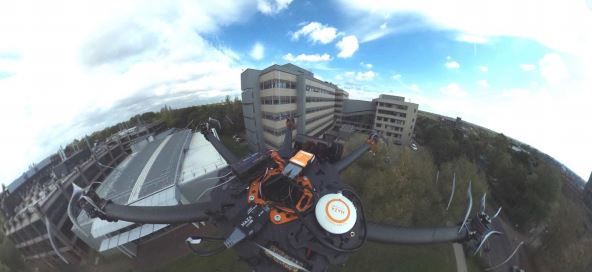“The EnerGAware project builds on the EPSRC (Engineering and Physical Sciences Research Council) funded project eViz (Energy Visualisation for Carbon Reduction), which aims to show people where energy is being lost in the home and how different behaviours impact upon energy usage.” Read more at: https://www.plymouth.ac.uk/news/social-media-and-gaming-used-to-enhance-energy-efficiency
Category Archives: Uncategorized
EnerGAware Project Kicks-off in Barcelona
The kick-off meeting of the EnerGAware (Energy Game for Awareness of energy efficiency in social housing communities) project took place on February 18-19, at the Universitat Politècnica de Catalunya, Spain. The kick-off meeting had the participation of representatives of the project partners as well as the Project Office, which will follow the project from the European Executive Agency for SMEs (EASME), which manages the Energy Efficiency topic of Horizon 2020. Dr Alba Fuertes, Dr Rory Jones, Dr Sabine Pahl and Prof. Pieter de Wilde all attended the meeting.
The EnerGAware project intends to achieve a 15-30% energy consumption and emissions reduction in a social housing pilot and increase the social tenants’ understanding and engagement in energy efficiency through the development of a serious game that will be linked to the actual energy consumption (smart meter data) of the game user’s home and embedded in social media and networking tools. The demonstrator pilot will be carried out in Plymouth, UK, with the participation of 100 homes.

New project: EnerGAware – Energy Game for Awareness of energy efficiency in social housing communities
A new eViz spin-off project called EnerGAware has been funded under the EU Horizon 2020 programme (EE 11 2014: New ICT-based solutions for energy efficiency). The team includes Dr Alba Fuertes, Dr Rory Jones, Dr Sabine Pahl and Prof. Pieter de Wilde, plus a host of European partners.
The main objective of the EnerGAware project is to achieve a 15-30% energy consumption and emissions reduction in a social housing pilot and increase the social tenants’ understanding and engagement in energy efficiency. The EnerGAware project will develop and test, in publically owned social housing, a serious game that will be linked to the actual energy consumption (smart meter data) of the game user’s home and embedded in social media and networking tools. The EnerGAware solution will provide an innovative IT ecosystem in which users can design their own virtual home and Avatar and learn about the potential energy savings from installing energy-efficiency measures and changing user behaviour. The user will need to learn to balance the energy consumption, comfort and financial cost of their actions. Energy savings achieved both virtually in the game, calculated by building performance simulation, and in reality, in the users’ actual homes, measured through smart meter data, will enable progression in the serious game. The social media features will provide users a platform to share data of their achievements, compete with each other, give energy advice, as well as, join together to form virtual energy communities.
Trial with the Behaviour Insights Team and Plymouth Energy Community
eViz has recently started working together with the Behavioural Insights Team in London on an exciting new project with the Plymouth Energy Community. A trial has been developed to study the uptake of funding towards solid wall insulation following letters with thermal images. The project is still ongoing, and more details will follow soon..
Invited talk at Cardiff University
Sabine Pahl was recently invited by Prof Wouter Poortinga to present at Cardiff University as part of their International Speaker Series, the session was co-hosted by Psychology and Architecture. She presented insights from the eViz project and discussed the various ways we are visualising energy for behaviour change.
A visit to Dartmoor Zoo
This winter, members of the eViz team were asked to look at the monkey house at Dartmoor Zoo with our thermal cameras. The zoo is thinking about improving the monkey house and wanted to get a better idea about the energy efficiency of the current building. Staff at the zoo, together with Director Benjamin Mee, led the team around the zoo’s many animals. Here are some images from the night:
eViz at BEHAVE
The papers from the BEHAVE conference are now available on the conference website. Sabine Pahl, Robert Guest, Rachel Burrows, Julie Goodhew and Christine Boomsma attended the conference and three papers were presented:
Burrows, R., Johnson, H., & Johnson, P.Online Social Media Systems to Influence Pro-environmental Behaviour: Modelling the Drivers of our Energy-use.
Stone, R., Guest, R., Pahl, S., & Boomsma, C. Exploiting Gaming Technologies to Visualise Dynamic Thermal Qualities of a Domestic Dwelling:Technical & Human Factors Challenges
Goodhew, J, Pahl, S., & Boomsma, C. A mixed method study of the role of tailoring in the design of visual interventions for domestic energy efficiency
The conference provided an interesting overview of current research into the role of human behaviour in energy use.
Christine Boomsma and Robert Guest present at BEHAVE, with chair Dr Sea Rotmann
Dinner at the Oxford town hall
Report in TEDDINET newsletter
A report by Professor Bob Stone on low-cost thermal and panoramic imaging systems for drone-based architectural surveys was published in a recent TEDDINET newsletter. The report discusses the first trials by the eViz team that have used new portable and low-cost image capture technologies that might be capable of being flown onboard small unmanned air vehicles (sUAVs) or “drones”.
Building Energy Performance: The Human Factor
eg-ice 2014
16-18 July 2014, Dr Shen Wei, Dr Yaqub Rafiq (Workshop organiser) and Professor Pieter de Wilde (Workshop organiser) attended the 21st International Workshop: Intelligent Computing in Engineering 2014, held at Cardiff University, Cardiff, UK. During the meeting, Dr Shen Wei presented a paper titled: Using artificial neural networks to assess reduction in residential energy demand by changing occupant behaviour, based on their research carried out in eViz.

